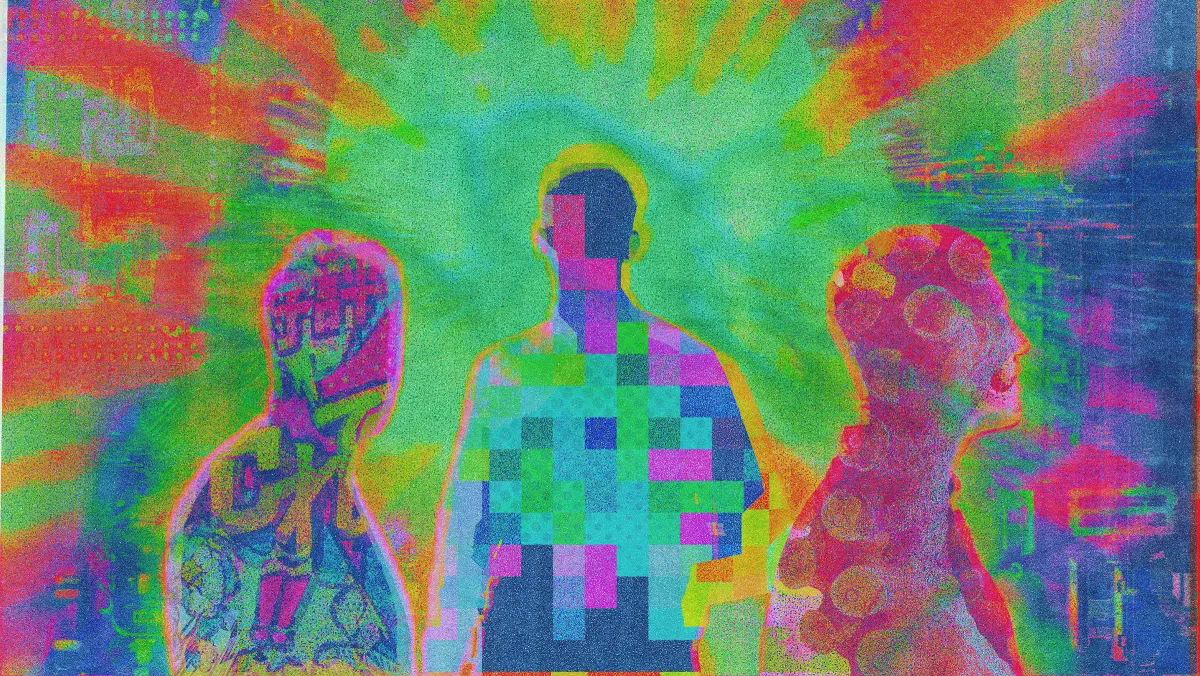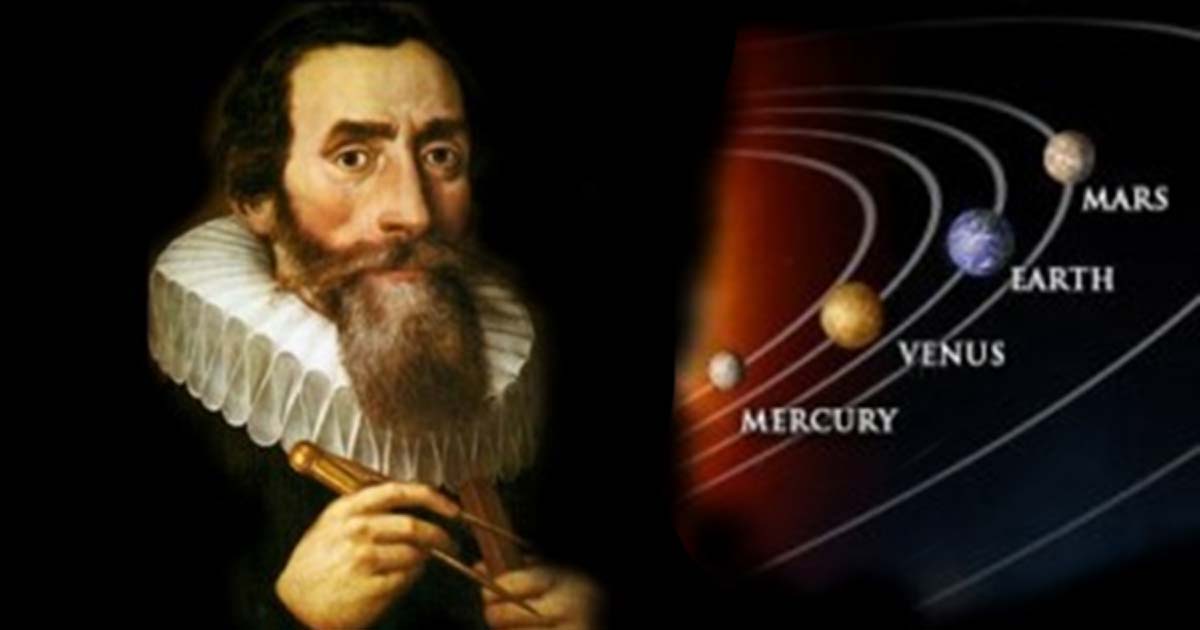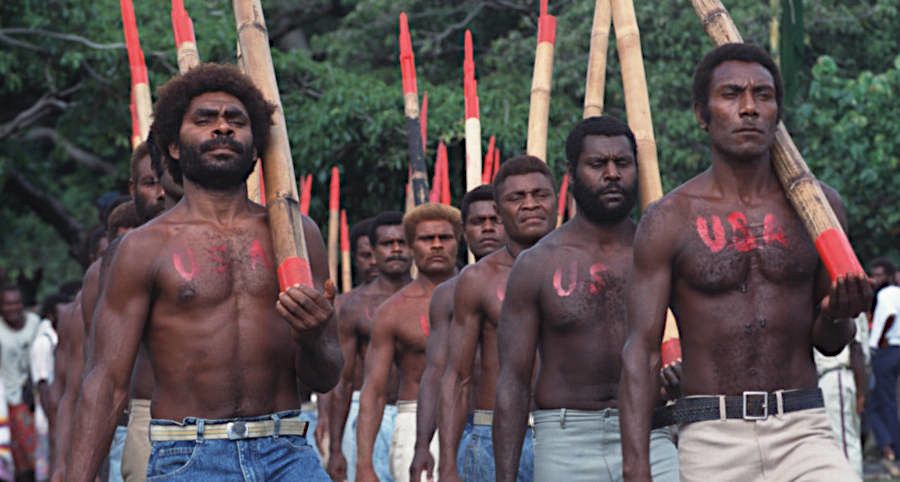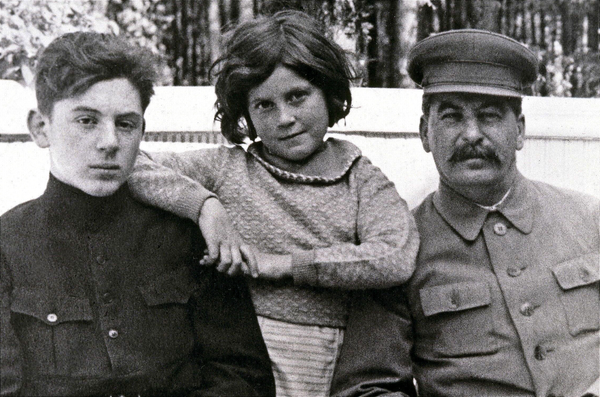How three teenaged hackers broke the internet

From Andy Greenberg: "Early in the morning on October 21, 2016, Scott Shapiro got out of bed, opened his Dell laptop to read the day’s news, and found that the internet was broken. Users cataloged an alarming number of other digital services that were victims of the outage: Amazon, Spotify, Reddit, PayPal, and Netflix were crippled for most of the East Coast of the United States and other patches of the country. Meanwhile, a little less than 500 miles west of Shapiro’s Connecticut home, 19-year-old Josiah White sat staring at the three flatscreen monitors he’d set up on a workbench in a messy basement storage area connected to the bedroom he shared with his brother in their parents’ house."
Johannes Kepler's vision of the solar system got his mother tried for witchcraft

From Maria Popova at The Marginalian: "In The Dream, a young traveler lands on the Moon to find that lunar beings believe Earth revolves around them — an allegory to society's certitude in Kepler's time about the solar system revolving around the Earth. The narrator is a young astronomer who describes himself as having apprenticed with the famous astronomer Tycho Brahe, just as Kepler himself did. Some immediately took the story to be not fiction but autobiography – and the narrator’s mother was an herb doctor who conjures up spirits to assist her son in his lunar voyage. Kepler’s own mother was also an herb doctor, and a local barber seized upon the chance to cast Katharina Kepler as a witch."
Manhattan socialite Dorothy Wiggins is a 98-year-old TikTok star

From Alex Vadukul for the New York Times: "On a recent evening in the West Village of Manhattan, Dorothy Wiggins, a petite 98-year-old woman wearing a dark coat and a pink scarf, left her townhouse to check out Little Ruby’s Cafe, a chic new restaurant in her neighborhood. She took her leave and walked back to her brownstone. She wasn’t alone. Trailing her was Michael Astor, a freelance journalist who was discreetly filming her outing with a pocket-size gimbal camera. The scene he had just recorded would soon be posted to the TikTok and Instagram accounts he manages, both called @dorothylovesnewyork, which have made Mrs. Wiggins an unlikely social media celebrity."
Editor's note: If you like this newsletter, I'd be honoured if you would help me by contributing whatever you can via my Patreon. Thanks!
South Pacific islanders worship a mythical American they call John Frum

From Paul Raffaele for Smithsonian magazine: "On a tropical island halfway across the world from the United States, several dark-skinned men—clad in what look to be U.S. Army uniforms—appear on a mound overlooking a bamboo-hut village. One reverently carries Old Glory, precisely folded to reveal only the stars. On the command of a bearded “drill sergeant,” the flag is raised on a pole hacked from a tall tree trunk. Some 40 barefoot "G.I.’s" suddenly emerge from behind the huts to more cheering, marching in perfect step. They tote bamboo “rifles” on their shoulders, the scarlet tips sharpened to represent, and sport the letters “USA,” painted in red on their bare chests and backs."
A Dolly Parton song is locked in a box that won't be opened until her 100th birthday

From Atlas Obscura: "At Dollywood resort, a special, glass-enclosed case behind a velvet rope holds a locked wooden box. This chestnut Dream Box is a repository of Dolly Parton’s memories and wishes for the future. It will not be opened until Dolly’s 100th birthday on January 19, 2046. It contains a copy of Parton’s 2012 book, Dream More, and a piece of wood from the front porch of her childhood home. As a final tribute, Dolly has placed a song in the box, which she has written to be released as her last. Entitled, “My Place in History,” only Dolly knows its melody and content until 2046. The song is on a CD, and the box also holds a CD player to ensure that the recording can be heard."
Carrots were originally purple, not orange. Then the Dutch got involved

From Mihai Andrei for ZME Science: "A purple carrot (or Eastern carrot) would come as a major surprise for most people nowadays — but before the 17th century, that was pretty much the color of all cultivated carrots. There were also some yellow and some white varieties, but orange carrots were a rarely seen sight. At the end of the 16th century, Dutch growers took mutant strains of purple carrots as well as yellow and white ones and started crossing them. Gradually, after numerous generations, they got to the sweet orange variety we recognize today. But the Dutch growers also had another objective. They sought to create a carrot that was specifically tied to their national identity: the orange color was chosen as a nod to the House of Orange, the Dutch royal family at the time."
The perpetual Tootsie Roll
perpetual tootsie pic.twitter.com/UJ2js7BNfb
— depths of wikipedia (@depthsofwiki) November 15, 2023
Acknowledgements: I find a lot of these links myself, through RSS feeds etc. But I also get some from other newsletters and blogs that I rely on as "serendipty engines." They include Today In Tabs, Clive Thompson's Linkfest, Maria Popova's website The Marginalian, The Morning News from Rosecrans Baldwin and Andrew Womack, Why Is This Interesting, Dan Lewis's Now I Know, Robert Cottrell and Caroline Crampton's The Browser, Sheehan Quirke AKA The Cultural Tutor, the Smithsonian magazine, and JSTOR Daily



